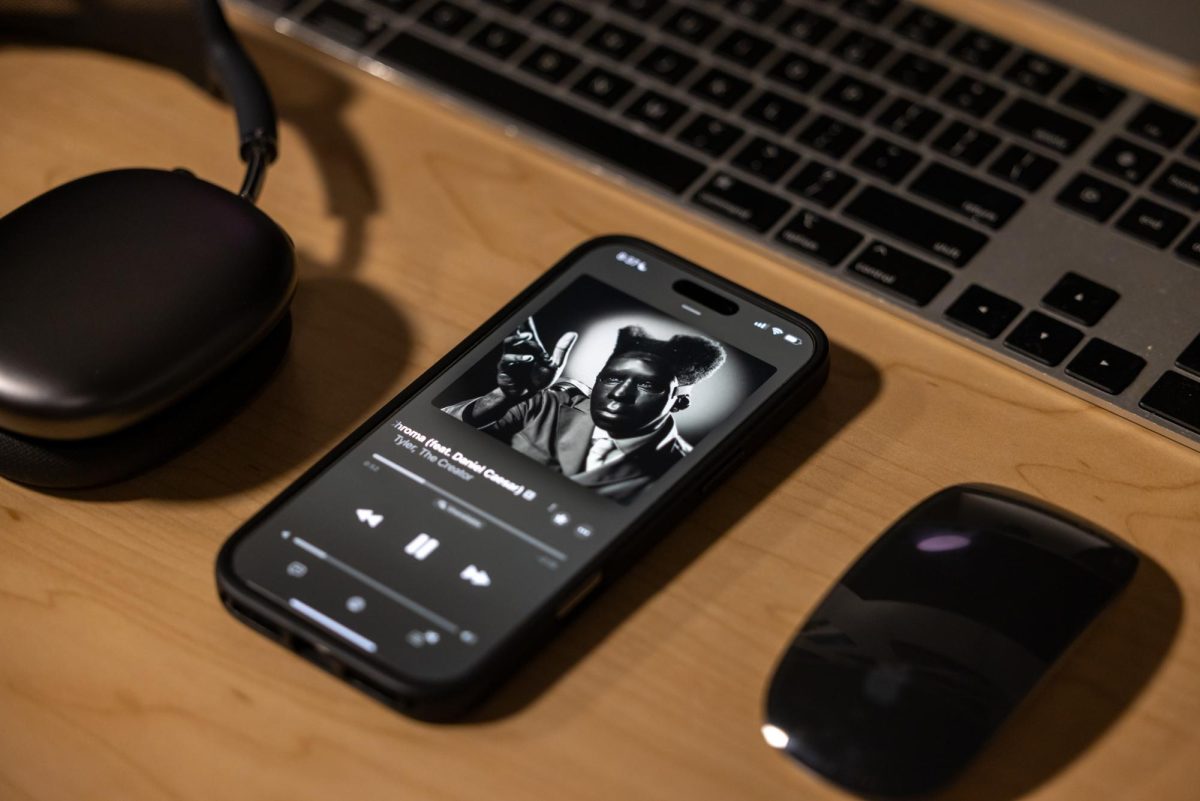Manhattan indie-pop band Cults dished out delicate rhythms and soft vocals on their third album, Offering, released Oct. 6.
With lead singer Madeline Follin’s classic dreamy voice, the album feels refreshing, yet still connected to the style of past works.
The 11-track LP stays consistent with the band’s first two albums, which also had 11 tracks. The masterful quality of sound throughout the record, combined with this attention to detail shows both the brilliance and deliberate nature of the band’s image.
Their ambient, synth-pop sound shines through each track in an almost seamless way. While smooth and fixed, this aspect also creates numerous dull moments throughout the album. With little vocal or instrumental variety, the album feels at times flat.
Gr8 Unknowns: Pond takes you to a ‘psychedelic dreamscape’ with heavy guitars, mellow lyrics
Whereas past albums had fast-paced surprises, Offering seldom offers such moments. Lovers of calmer, ambient pop may enjoy this quality, though.
One song that goes against this quality, however, is second track, “I Took Your Picture.” The song unpacks a sense of lovable energy and catchy lyrics.
Despite low energy moments and the soft, upbeat nature of instrumentals, the subject matter of the album arguably digs deeper than past albums. Through touching on themes of recovery, distress and mental health, the lyrics feel raw and respective.
The album as a whole feels moody, as the lyrics seemingly flirt with death and tragedy. The lyrics, however, also offer glimmers of hope and survival.
The LP begins with title track “Offering,” an ode to finding solace in hope itself. With lyrics like “Hanging at the end of a rope/But I can make you an offering,” the song tells the story of someone teetering on the edge, and begging to finally be heard.
“Recovery” offers similar sentiments, as the protagonist begs to be understood. The song takes a relatable stance on recovery, through displaying that it can be a long process —which many who may not have experienced similar feelings may fail to understand.
Japanese Breakfast curates emotionally provocative performance at the Sett
Lyrics like “Torn in two, will you cross your fingers/And try to see from my point of view,” depict the struggle in trying to create understanding with loved ones about the depth of the recovery and relapse process.
Offering ends with perhaps the best song on the album: “Gilded Lily.” As Follin sings “Every city’s got a graveyard,” the effect is chilling. The song contains a sense of tragic beauty — a buildup of the hopeful yet gloomy songs prior. The album reaches its potential through “Gilded Lily” — combining complex depictions of love, recovery and a toss-up of hopefulness and hopelessness simultaneously.
While the album is definitely worth the listen for its soft charm and reflective nature, it may not warrant the band “legendary” status just yet.
Rating: 3/5














